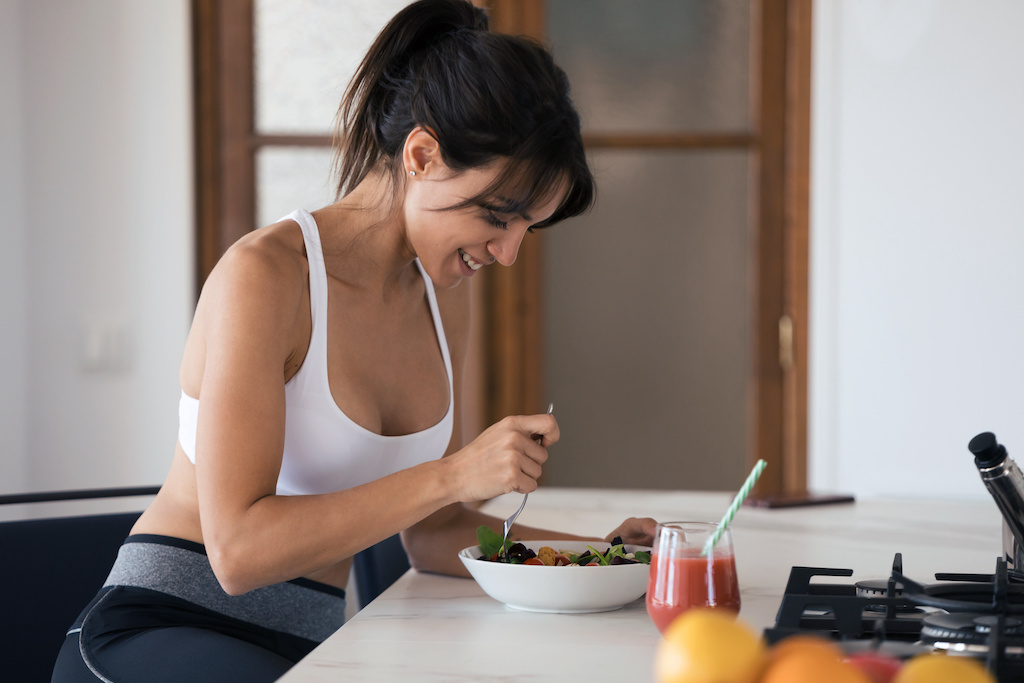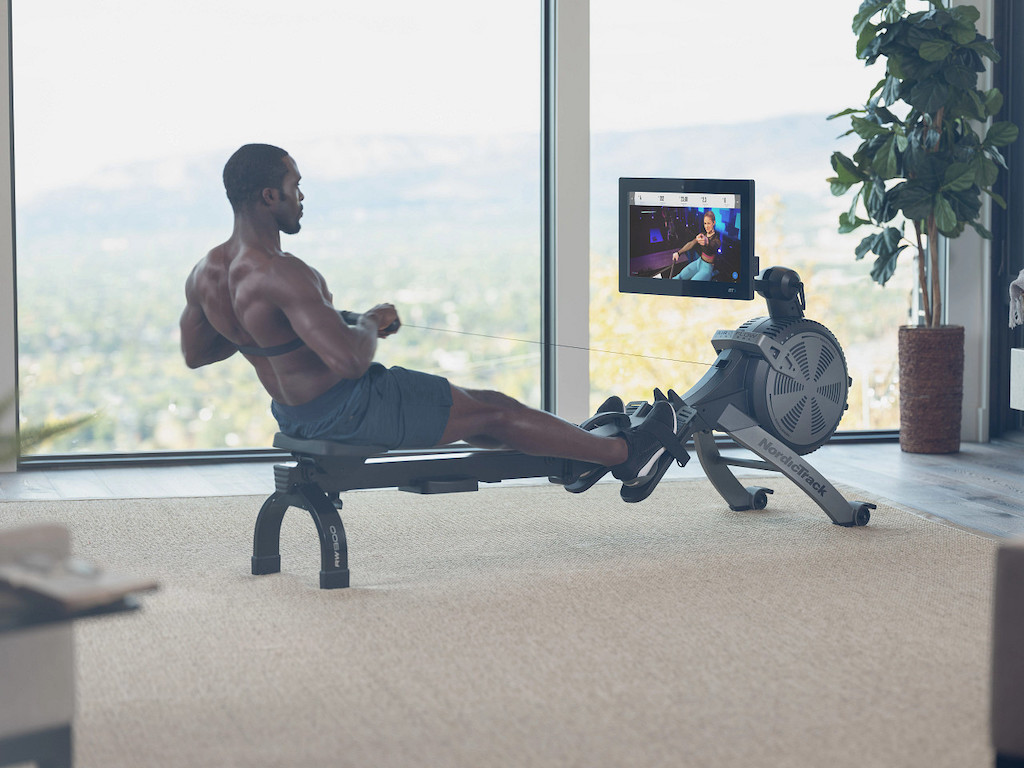Are vegetarian diets and high-level athletics compatible? As many preconceived ideas circulate on this subject, let’s take stock of the issue. More and more athletes are successfully becoming vegetarians by adapting their food intake to their training. Discover our advice for a successful dietary transition while continuing to train.
Is the Vegetarian Diet Good for the Health of Athletes?

A vegetarian diet is favoured by some prominent athletes but is still the subject of much controversy. Can you train at a high level without eating meat? How can you adapt your diet without risking your health?
Eliminating Meat: The Benefits
For ecological or other reasons, ideological or health-related, the vegetarian diet has never been so popular. More and more scientific studies are highlighting the benefits of reducing animal protein consumption in favour of a diet richer in plants:
- Reduced risk of vascular events
- Reduced incidence of diabetes
- Reduced blood cholesterol levels
- Reduced insulin resistance
- Additional benefits
However, some doubts remain in the collective unconscious, especially when it comes to associating sports with a vegetarian diet.
Top Athletes Who Are Vegetarian or Vegan
In recent years, more and more top athletes have expressed their decision to stop eating meat or animal products, such as:
- Carl Lewis, the legendary sprinter and jumper, who has been vegan since 1990 and considers this choice to be one of the contributing factors in his sporting achievements, notably his gold medal in the 100 metres at the 1991 Olympics, coupled with a new world record, shortly after his dietary transition.
- Martina Navratilova, tennis champion, with 9 medals to her credit at Wimbledon, is a committed vegetarian.
- Patrick Baboumian, the German bodybuilder, who was declared Germany’s strongest man in 2011 despite being a vegetarian and then the strongest man in the world 2 years later, after becoming vegan.
- Mike Tyson, the boxer who needs no introduction, attributes the resolution of his health problems and an increase in energy to his change of diet.
There are counter-examples, such as Tim Shieff, a British free-runner, who had been vegan since 2012 and became a YouTube icon. He had to resign himself to eating eggs and fish again for health reasons. Is the vegetarian diet more suitable for some athletes and not others? Are there any tips for a successful transition?
How to Balance Your Diet When You Are a Vegetarian

Why are there so many concerns about cutting out animal proteins? Many plant-based ingredients are rich in protein, such as soy, lentils, tempeh, quinoa, etc. It is often found that becoming vegetarian increases the daily proportion of protein consumed, contrary to popular belief.
However, vegetable proteins are considered incomplete because they do not contain certain essential amino acids, unlike animal proteins. But the good news is that by combining several plant sources, it is possible to find all these essential amino acids on your plate, as the missing ones are not the same in all plants. To become a vegetarian, it is, therefore, more important than ever to vary your menus! The other issue is the risk of vitamin B12 deficiency, which is not abundantly present in a bioavailable form in plants, so it is recommended that vegetarians take specific food supplements or consume products enriched with vitamin B12.
As far as physical activity is concerned, nutritionists consider vegetarianism to have a significant advantage: the digestion of plants is much faster than that of meat products, which can take up to 7 hours to be assimilated. Athletes, especially, need carbohydrates, the fuel of effort, which is not a problem with a vegetarian diet. Include a significant amount of cereals and starches in your diet to ensure that you have enough energy.
Becoming Vegetarian When You Are an Athlete: The Transition

For any change in diet, it may be wise to seek advice from a nutritionist and to proceed gradually. Here are several ways to make a successful transition to vegetarianism as an athlete:
- Make 1 in 3 meals vegetarian at first, then 2, before reaching 100%.
- Make a list of the dishes you eat regularly and think about meat alternatives.
- Start by being vegetarian at home, when you cook, to get around any difficulties with eating out at first.
- Try a one-week challenge to see if this diet suits you (plan ahead and balance your menus).
In any case, start by calculating the number of calories you need to consume per day to be fit: determine your basal metabolic rate, then add the calories you burn in training. As with any diet, your vegetarian menus should cover your nutritional needs. Opting for a tracking app with recipes and scanning the nutritional value of foods is a great way to get started! Some are coupled with your fitness tracker for total control over the balance of your meals.
Check out our Health & Fitness page for more advice.
